Even though studying at a culinary school might take from several months to 4 years, you don’t have to spend much time to develop your cooking skills. There are so many talented chefs among ordinary people. They make the best meals for their families, and only bad kitchen mistakes can stop them from feeling like true professionals.
We at Bright Side have found out which mistakes we often make in the kitchen, and now we know what we should do to make our cooking routine simpler.
1. We cook vegetables for too long.
Vegetables contain a lot of healthy nutrients, and long-term heat treatment doesn’t only decrease the number of nutrients, but also makes vegetable meals less tasty. A great alternative to long stewing and boiling is steaming vegetables. According to the chef and dietitian Michelle Dudash, steaming makes our diet healthier and tastier.
2. We neglect salt in yeast bread.
The guarantee for a good pastry is high-quality yeast. As it turns out, you can control yeast with salt. So, if you need the dough to rise faster, don’t salt it. But if you leave the dough with no salt at all, the bread will lose all of its volume.
3. We don’t salt the water before boiling eggs.
Eggs are some of the most popular foods for breakfast, but they are usually quickly boiled, even though this process can be improved with a simple trick. Add salt to the water before boiling. Thanks to the salt, the egg white will remain inside the shell even if it breaks. Salty water helps the egg white coagulate faster.
4. We don’t soak potatoes.
Soaking potatoes in water helps remove the excess starch and make them more dietary. Also, the excess starch may create a sticky film outside. Leave potatoes in cold water for several hours, and you will notice that the water becomes dark at the bottom. From time to time, you can change the water to remove the starch that might stay on the potatoes.
5. We don’t boil rice with green tea.
Rice with green tea is a traditional Japanese meal. It’s enriched with the tea taste and the healthy nutrients from tea.
6. We don’t wash vegetables in cold water after blanching.
We often leave blanched vegetables hot, waiting for their turn to be used in a recipe. But in order to keep the taste bright and the texture crunchy, you can wash them in cold water or even put them on ice. If you don’t do it, the thermal processes won’t stop and neither will the cooking.
7. We boil beets instead of cooking them in the microwave.
Of course, we’re used to boiling beets. We boil vegetables even when we don’t have much time. But there’s a very effective and quick way of cooking beets — in the microwave. Take an average-sized beet, pierce it, wrap it in parchment, and bake it in the microwave for around 5 minutes.
8. We peel garlic one piece at a time.
The hours we spend in the kitchen are built from many small things that seem simple at first glance. For example, we peel garlic one piece at a time. It’s much more effective to cut a garlic head in half, put it on the table, and bang it with the knife. To make the process simpler, remove the root area first.
9. We salt omelets at the start of cooking.
Salting eggs at the start of cooking is a mistake that destroys the egg structure and makes them watery. It’s better to add salt at the end of cooking, according to Gordon Ramsay. He thinks that this is the most important part of cooking the best eggs.
10. We use fresh bread to make French toast.
Fresh bread looks very appealing, but it’s not the best option if you want to make French toast. It’s better to use stale bread — it will absorb more of the egg mix and retain its shape. If the bread is too fresh, you can dry it in the microwave oven.
11. We don’t salt coffee.
Even though adding salt to coffee is a popular tradition in many countries, it might seem like something exotic. But salt doesn’t only give coffee new tastes, but can also save coffee if it’s too bitter.
In 2009, the food science expert Alton Brown suggested adding salt in an episode of his cooking show Good Eats. He said that salt neutralized bitterness better than sugar and also smooths out the stale taste of water. According to Brown, you should add half a teaspoon of salt to each cup of water and 2 tsp coffee.
What other mistakes should we stop making to become really good at cooking? Tell us in the comment section below!
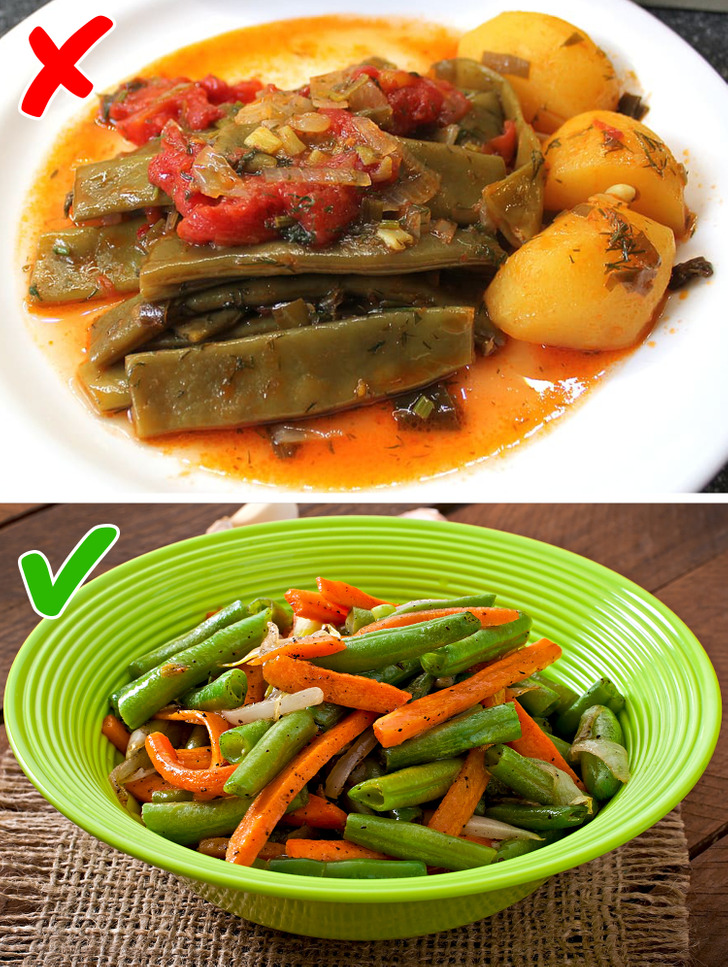
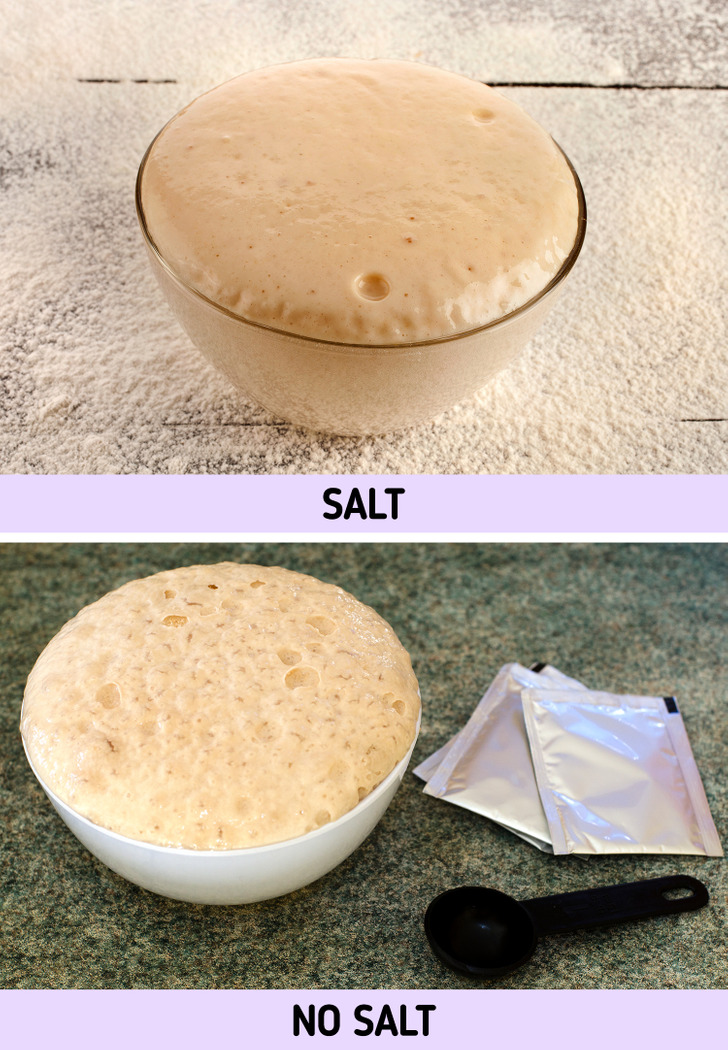
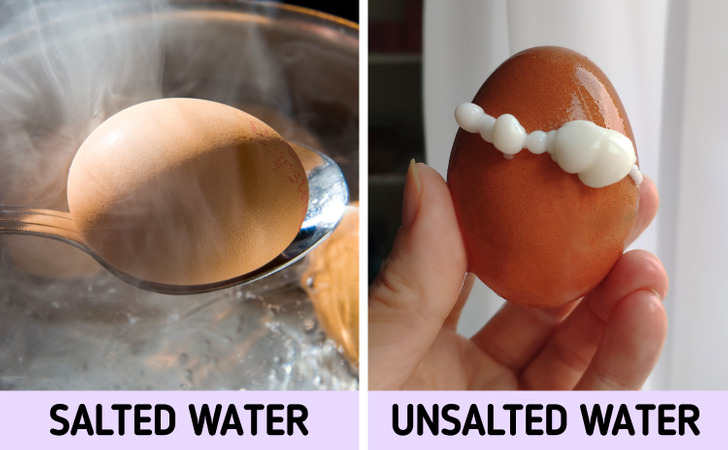
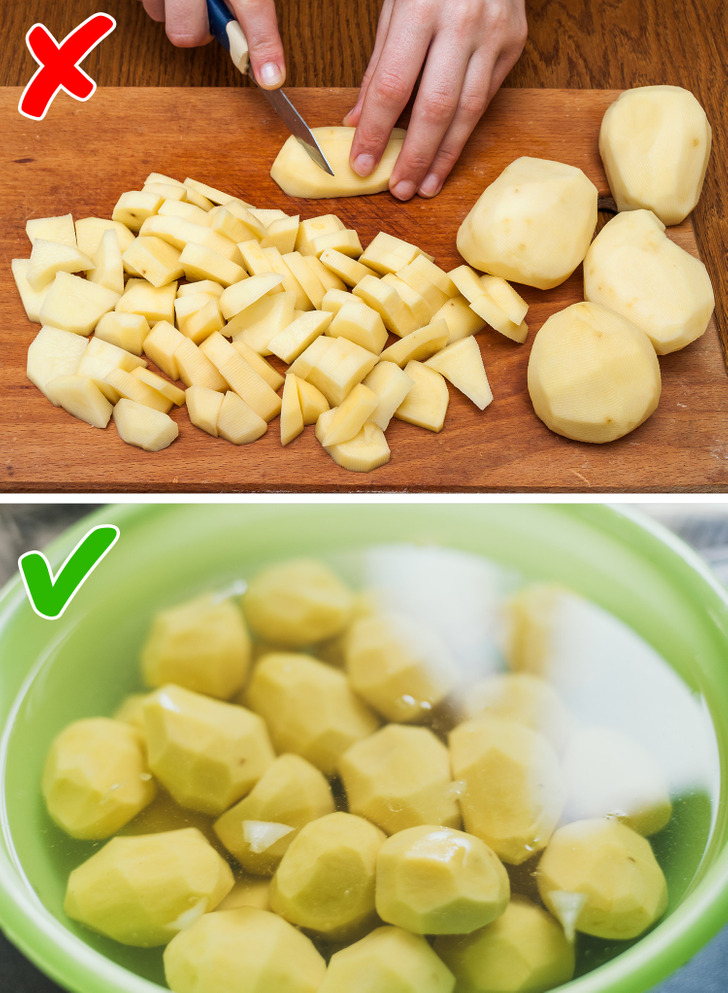
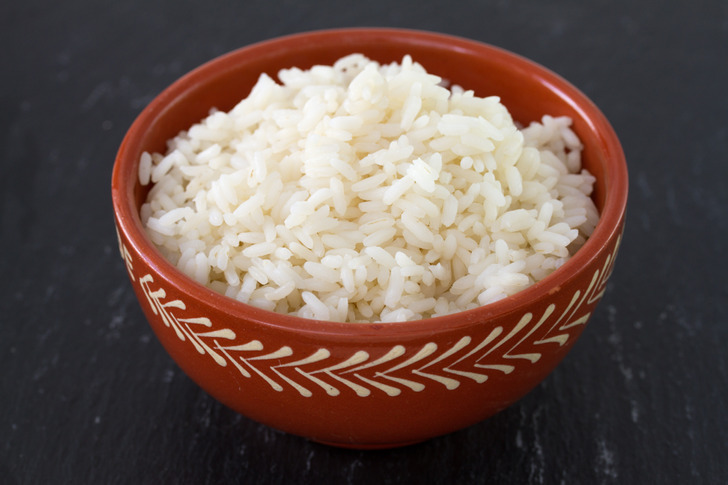
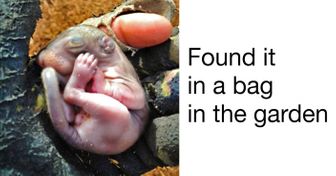
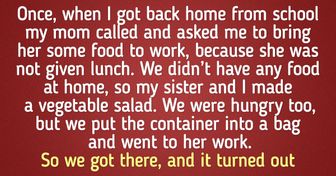
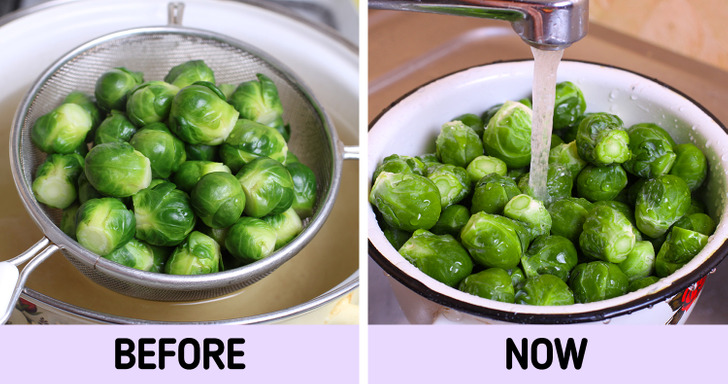
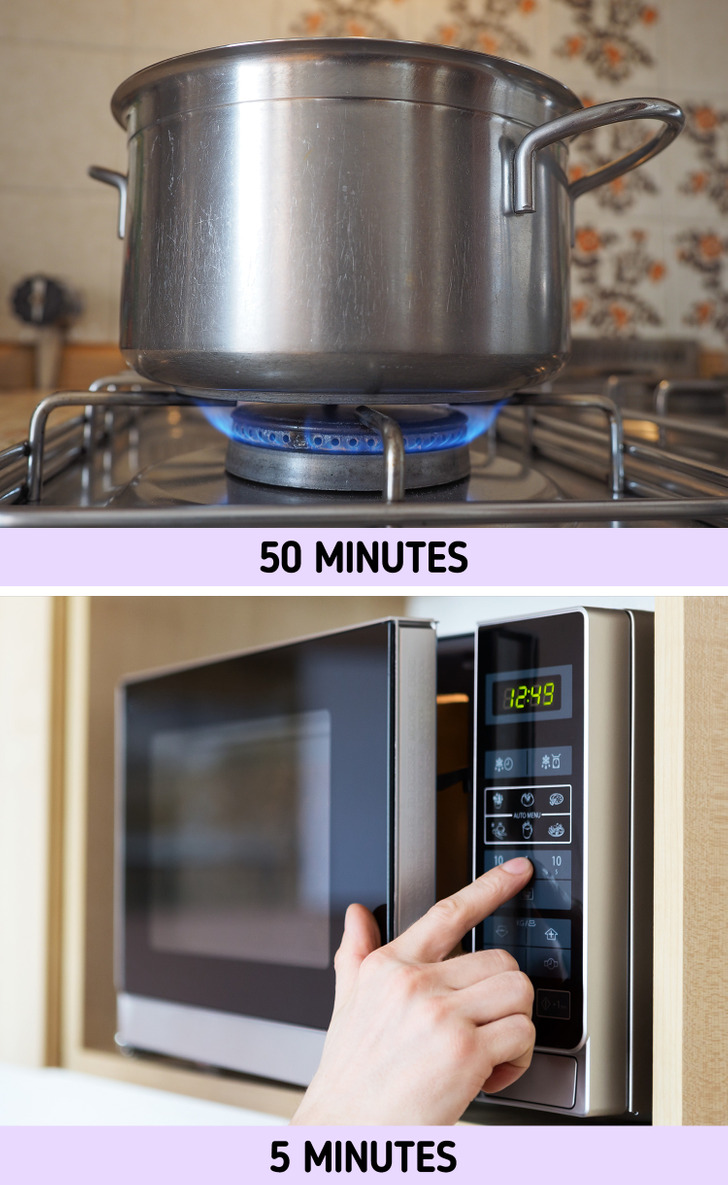
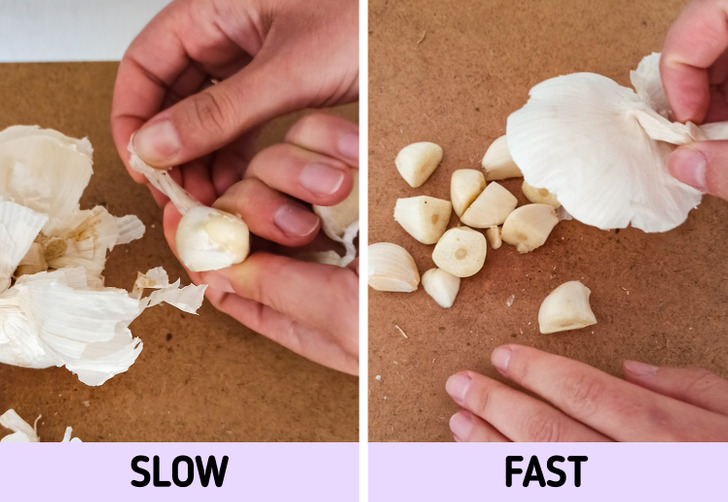
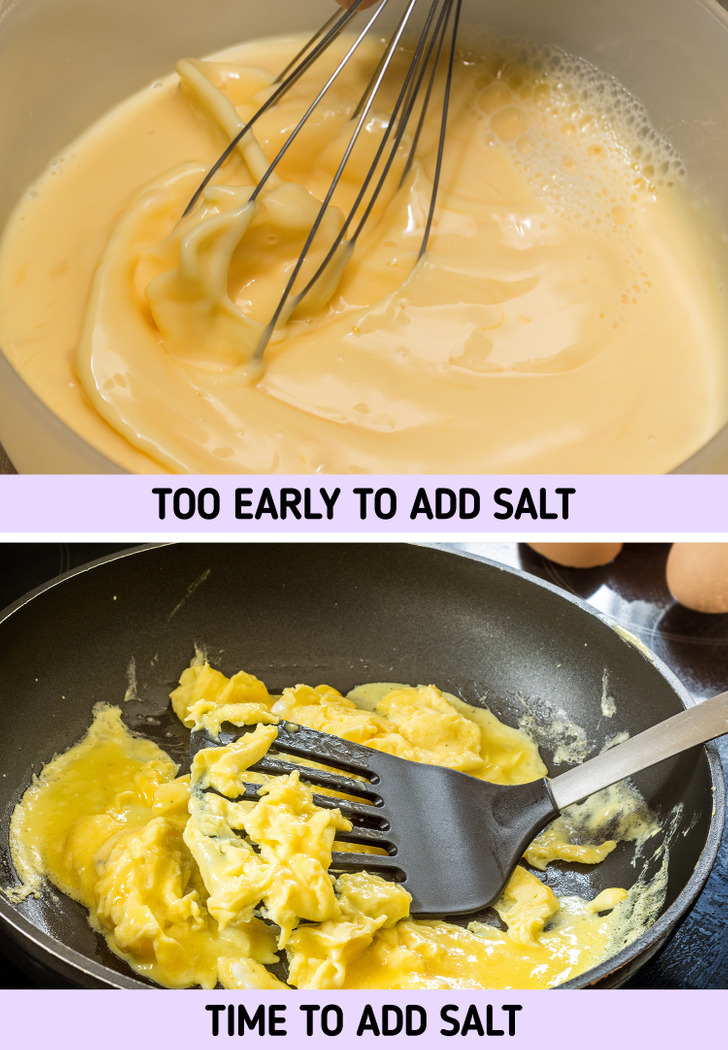
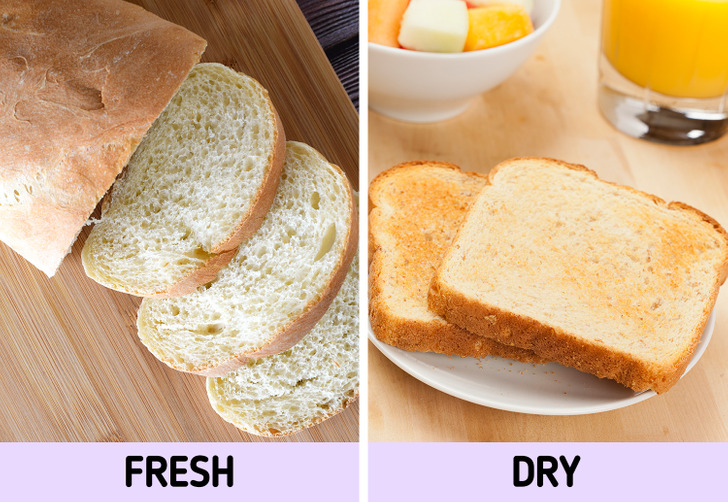
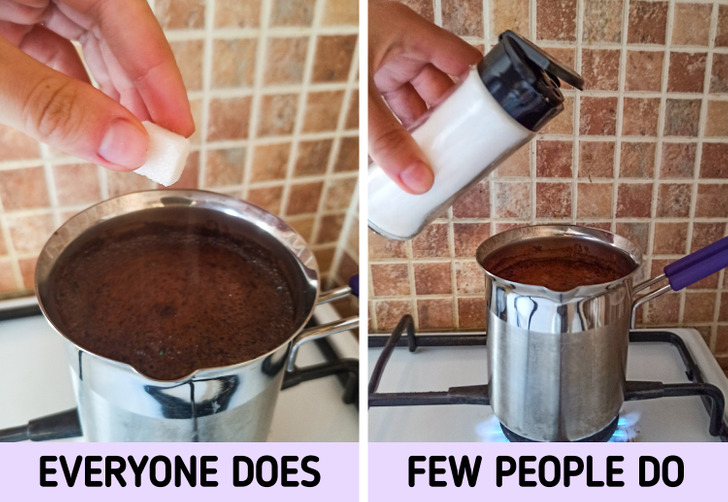

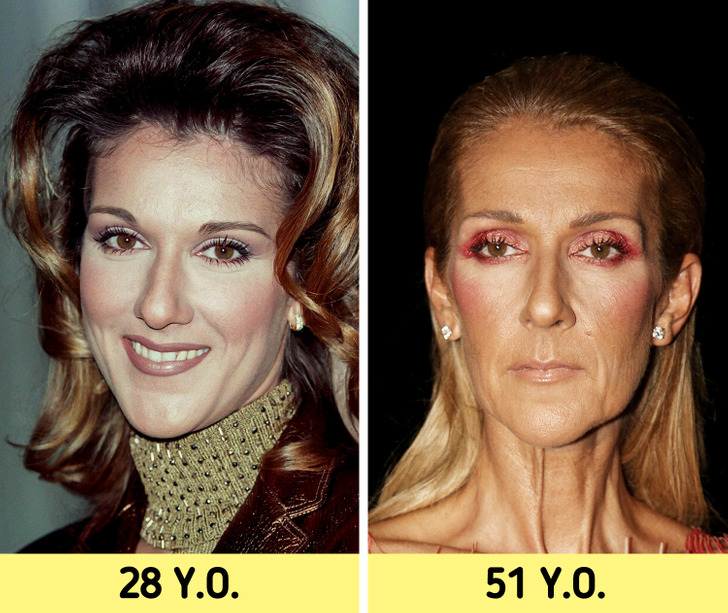


0 comments:
Post a Comment